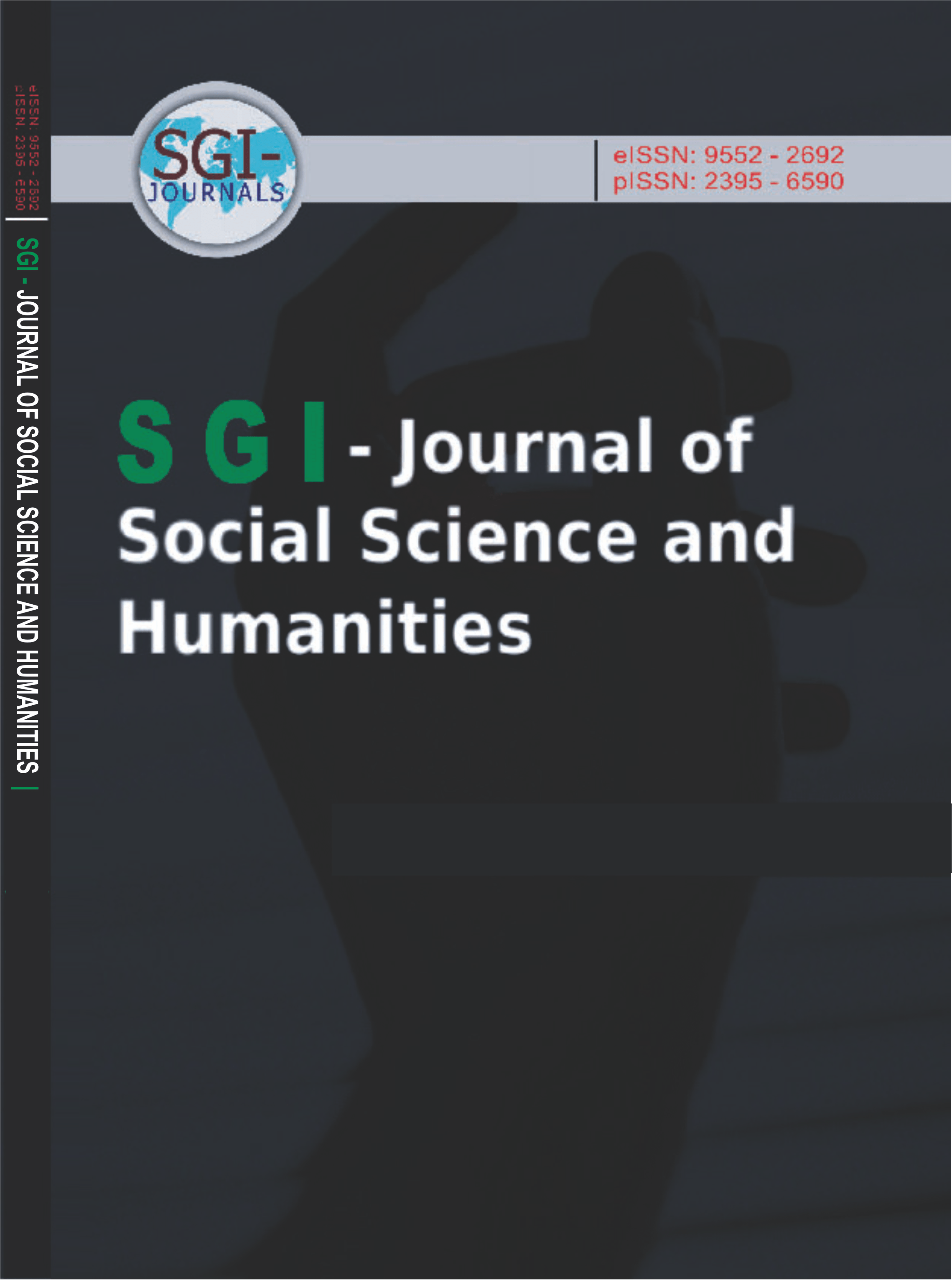SGI-JOURNAL OF SOCIAL SCIENCE AND HUMANITIES (SGI-JSSH)
TEACHER MOTIVATION IN EDUCATION MANAGEMENT THROUGH A THEORETICAL LENSE: A STUDY CONDUCTED IN BULAWAYO METROPOLITAN PROVINCE – ZIMBABWE
E-ISSN: 9552-2692
P-ISSN: 2395-6590
DOI: https://iigdpublishers.com/article/439
This is an opinion paper on the investigation of factors which motivate Zimbabwean teachers in public schools amid the economic challenges ravaging the country as guided by theoretical spectacles propounded by Maslow and Herzberg. The epistemological perspective which informed the study was constructivism and the generated theory was grounded in the participants’ perceptions by way of document analysis. Data was gathered using a survey design on biography, motivators and demotivators by means of a semi-structured open-ended questionnaire from thirty-seven teachers who were systematically sampled using the probability sampling technique. Qualitative data collected was transcribed and categorised according to themes which emerged. These were quantified and data was presented in graphic form. Generally, Zimbabwean teachers seem to be motivated by lower-order needs contrary to the theorists’ findings, although a few suggested ‘autonomy’, ‘recognition’ and ‘quality education’. The absence of the former motivators equally demotivates them. Findings revealed that motivators are context bound.
V.C. Ngwenya PhD
Blunt, P., Jones, M.L., & Richards, D. (1992). Managing organisations in Africa. Berlin: de
Gruyler.
Central Intelligence Agency. (2009). The world fact book. www.cia.gov Retrieved on 08.06.16.
Creswell, J.W. (2014). Research design: Qualitative, quantitative and mixed methods approaches. (4th ed.). Thousand Oaks, CA: Sage.
Deckers, L. (2010). Motivation, biological, psychological and environmental. (3rd ed.). Boston: Pearson.
Denscombe, M. (2007). The good research guide for small-scale social research projects. (3rd ed.). England: Open University Press.
